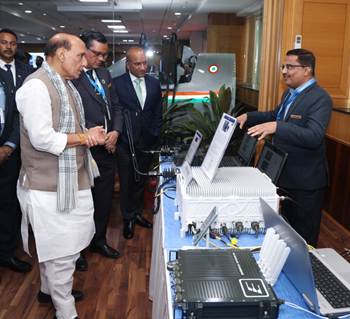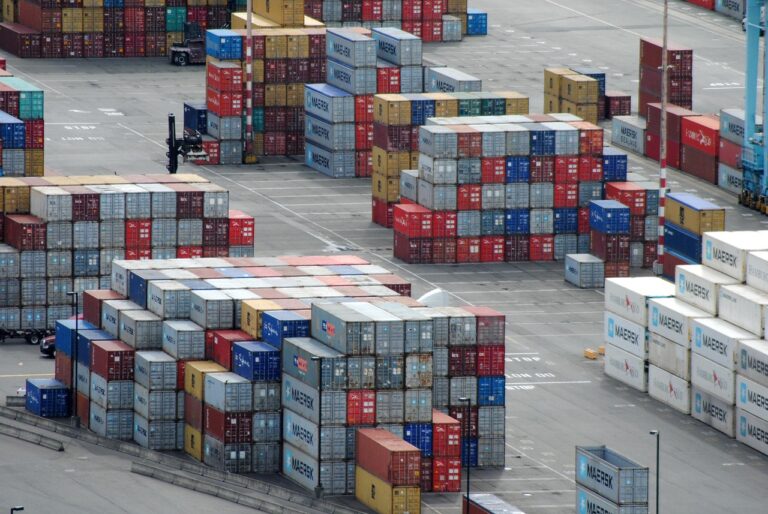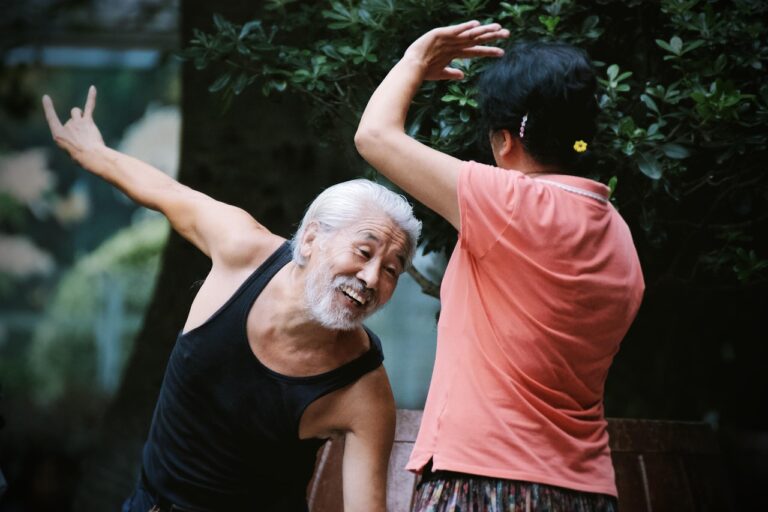
New York: There is no information yet on the fate of Aung San Suu Kyi, President Win Myint and other leaders of the National League for Democracy (NLD) who were arrested in a series of raids following a military coup in Myanmar in the early hours of Monday.
“No, we do not… we have not been able to get information…Our Special Envoy has been trying to reach her interlocutors in Nay Pyi Taw. She’s not been able to get through, and I don’t think… our country team has not had any information. And it is important that all those people who have been detained be released,”Stéphane Dujarric, Spokesman for the United Nations Secretary-General, told correspondents here on February 1, 2021, while replying to a specific question whether he had any information on whether those who had been detained, including Aung San Suu Kyi, were unharmed. Dujarri added: “What I can tell you, though, is that no one that I’m aware of on this side has been able to reach the current authorities in Nay Pyi Taw due to the communications challenges.”
Also read:
- Global concerns over “blow to democratic reforms” in Myanmar
- Following Suu Kyi’s win in Myanmar, India hopes to strengthen the “traditional bonds of friendship”
The UN Secretary-General’s Special Envoy, Christine Schraner Burgener, was actively engaged on the issue and had spoken to Myanmar interlocutors outside the country. “She is trying to connect with leaders in Nay Pyi Taw, the capital, but communications with the Myanmar capital are very difficult at this moment,” Dujarric elaborated. He said what was important was that the international community spoke with one voice on the developments in Myanmar and that the Special Envoy was likely to brief the UN Security Council on Myanmar soon. Already US President Joe Biden had warned of slapping new sanctions on Myanmar after the coup.
UN has a large presence in Myanmar with a Permanent Mission there, in view of the challenging humanitarian situation in the country, whether it’s on COVID-19, 0r, on issues of hunger. Dujarric informed that the UN country team on the ground in Myanmar was following the situation closely with deep concern, especially in light of the need to prevent and respond to the ongoing pandemic. He, however, said the situation in the country was “still a bit” obscure. “What we do know is that the will of the people of Myanmar has been overturned in an undemocratic way, and that needs to change. The will of the people needs to be respected,” he said.
Military had ruled Myanmar until 2011, when democratic reforms led by Aung San Suu Kyi ended military rule. However, following the latest coup, the army’s TV station said on early Monday morning that power had been handed over to commander-in-chief Min Aung Hlaing. It may be mentioned that Suu Kyi’s party had swept the recent elections, which the army alleged was possible by committing fraud.
The coup is also now likely to have a ripple effect on the marginalised Rohingya muslims and one such impacts would be the delay in safe and voluntary return of these refugees who had made it into Bangladesh and other countries. Although Suu Kyi herself faced international criticism for her inability to condemn an army crackdown on the mostly Muslim Rohingya minority, Dujarric said now after the Military taking over, it was not known what will happen to the Rohingya that remain in Rakhine State. “I don’t want to… it’s not for me to predict or… but obviously, I think this will have… the events have had an impact on the democratic institutions but will also, most likely, have an impact on the humanitarian situation,” he added.
As per the UN estimates, there are about 600,000 Rohingyas that remain in Rakhine State, including 120,000 people who are effectively confined to camps. They cannot move freely and have extremely limited access to basic health and educational services.
“So, our fear is that the events may make the situation worse for them,” Dujarric said, adding that the UN country team on the ground in Myanmar was working to ensure that the recent events did not adversely impact the most vulnerable people there.
Meanwhile, the High Commissioner for Human Rights, Michelle Bachelet, said that she was gravely concerned about the situation in the country, echoing the Secretary-General’s call for the military leadership to respect the outcome of the elections. She was also alarmed by reports that at least 45 people had been detained — including parliamentarians under confinement. She called for their immediate release and noted that there are also disturbing reports of journalists being harassed or attacked.
– global bihari bureau





